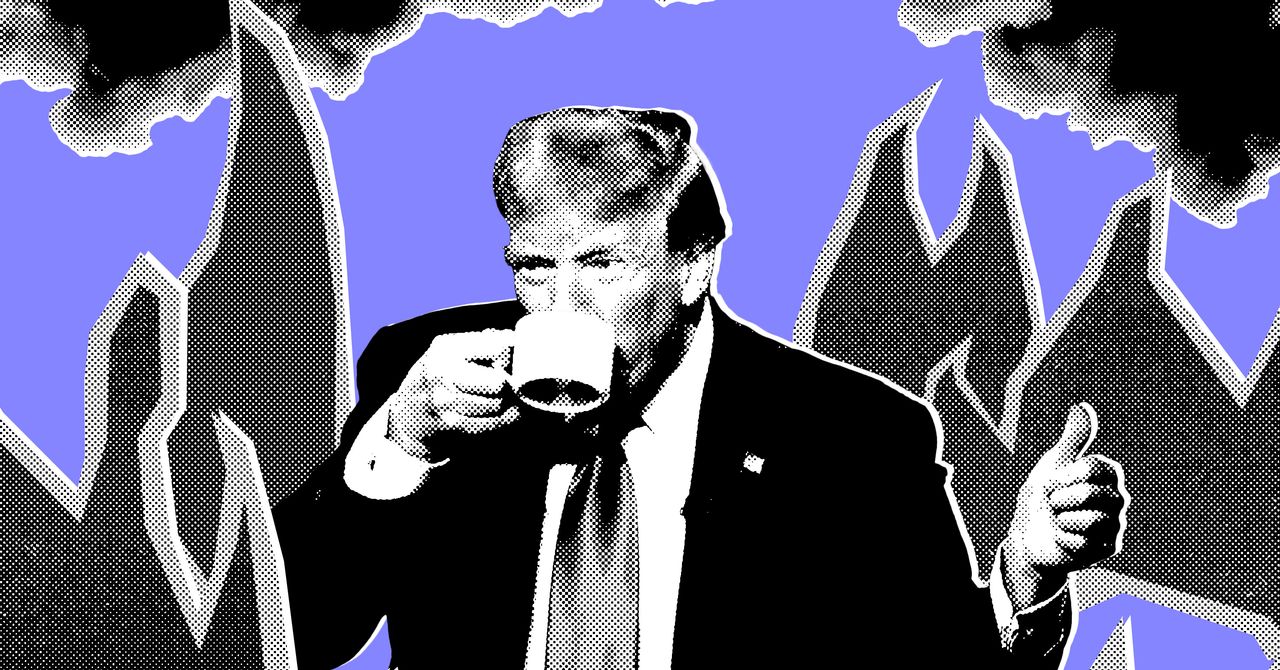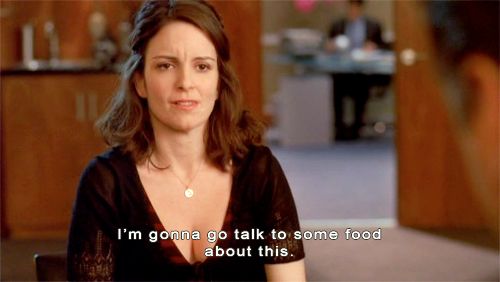If economic trends continue, tariffs—which amount, despite the president’s insistence otherwise, to taxes on US companies and ultimately on US consumers—coupled with rising unemployment could be a ticking time bomb.
“If this experiment fails, it’s gonna fail horribly, and I think we’ll begin to see the impacts of that sooner than later,” says a second Trumpworld strategist.
Not Rocket Science
There’s plenty of cope going around in the GOP and the Trump White House.
“I think we’ve shown that the inflation bit has been resolved,” a White House official tells me. “When the private sector is willing to work with us, and is understanding and appreciative of our mandate to reshore manufacturing, we have shown time and time again we are willing to meet with them halfway.”
Could there be more concern about the jobs numbers, particularly given a decline in the labor participation rate and revisions bringing job growth from the hundreds of thousands this spring to the tens of thousands?
“No,” a Republican member of Congress close to the president tells me in a text message when asked if they’re worried about the labor market. “Not at all. Revenue from tariffs have been good. Plus big tax cuts just passed. More to come with potential massive trade deal on 15th.” (August 15th was the day Trump met with Russian president Vladimir Putin in Alaska; no such trade deal materialized.)
Economists I talked to, though, aren’t buying it.
“All signs look pretty pessimistic on the inflation front,” James Angel, a finance professor at Georgetown University, tells me in an email. “You don’t have to be a rocket scientist to figure out that tariffs will increase the prices we pay for imported goods. No amount of spin will change that.”
Justin Wolfers, an economist at the University of Michigan, says the labor market is looking grim even before the tariffs have fully kicked in. There’s “no question job growth has slowed,” he says.
Wolfers adds that one of Trumpworld’s biggest justifications for the tariffs not being a big deal for American consumers simply doesn’t hold up. As the first Trumpworld strategist pointed out, some companies—most notably American automakers like General Motors—have shown in their earnings reports that they’re willing to eat the cost of the tariffs at the expense of their own profits.
“That’s what you would normally expect to happen in the short run, because businesses don’t change their prices minute-by-minute every time the president opens his mouth,” Wolfers says. “Now that the tariffs are set, and they’re seeing margin compression, that’s the point at which you’d expect businesses to start to think about repricing.”
Wolfers says consumers should expect to feel more pain “in the second half of this year.”
Angel says that even a continuation of the status quo with perpetually delayed tariffs could still have devastating consequences.
“The economic chaos with on-again, off-again tariffs has caused business and consumer expectations to drop,” the Georgetown professor explains. “That in itself is likely to cause a recession.”
Citizen Cope
Trump’s vendetta against Federal Reserve chairman Jerome Powell doesn’t calm my sources’ jitters, as Trump has made clear that he would like Powell’s eventual replacement to cut interest rates, even if doing so conflicts with the Fed’s dual mandate of keeping prices stable and employment full.
It also doesn’t help, sources tell me, that Trump fired the head of the Bureau of Labor Statistics after the most recent job numbers showed significant revisions and a slowdown in hiring over the past several months. (EJ Antoni, Trump’s pick to lead the BLS, has little relevant experience beyond being the Heritage Foundation’s chief economist; as WIRED reported, a now-deleted Twitter account using his name showed a fixation on red-pilled conspiracy theories.)



